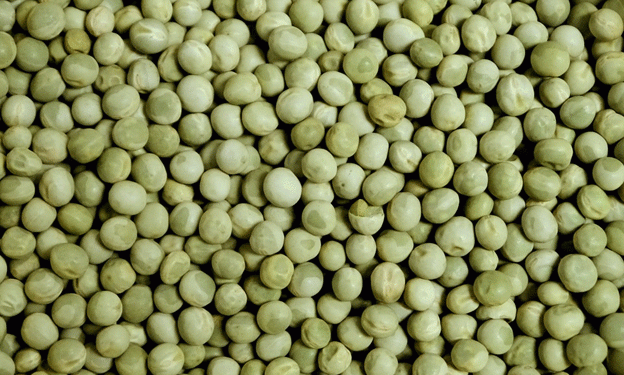The agricultural landscape in India is rapidly evolving, and for farmers, choosing the right seeds can be a game-changer. This Rabi season, the National Seeds Corporation (NSC) is making waves by offering the advanced pea variety PB-89 for just ₹160 per kilogram, providing an excellent opportunity for farmers to enhance their productivity and profitability.
The Importance of Pea Farming
Peas play a crucial role in crop rotation and soil fertility. As a legume, they fix atmospheric nitrogen into the soil, enhancing its fertility. This makes peas a vital crop for sustainable agriculture, especially in regions where soil health is a concern. Moreover, the relatively quick turnaround time for pea crops allows farmers to reap profits faster compared to other crops.
Introducing PB-89 Variety
The PB-89 pea variety is tailored for the climatic conditions of Punjab and offers several advantages:
- Rapid Maturity: This variety is ready for the first harvest just 90 days after sowing, allowing farmers to take advantage of quicker returns on their investment.
- High Yield: Farmers can expect an average yield of 60 quintals per acre. Additionally, the pods typically yield 55% seeds, making it a highly productive option.
- Sweet Taste: The peas produced from this variety are known for their sweetness, which enhances marketability.
Purchasing PB-89 Seeds
Farmers can conveniently purchase PB-89 seeds online through the ONDC platform, where they can also find a variety of other crop seeds. Currently, the seeds are available at a 50% discount, priced at only ₹160 per kilogram, making it an affordable option for those looking to invest in high-quality seeds for profitable farming.
Best Practices for Pea Farming
To maximize profits from pea cultivation, farmers should consider the following best practices:
- Soil Quality: While peas can be grown in various soil types, they thrive best in deep, loamy soils with a pH level between 6 and 7.5.
- Sowing Method: It is recommended to sow seeds using the drill method, spacing seeds 5 to 7 centimeters apart within rows. This method ensures optimal plant growth and facilitates easier maintenance.
- Water and Nutrient Management: Regular irrigation and proper fertilization are crucial for the healthy growth of pea plants. Farmers should monitor soil moisture levels to ensure that plants receive adequate water, especially during critical growth stages.
- Timing: To achieve the best yields, sowing should ideally occur between October and November, aligning with the optimal growing conditions for this variety.
The availability of PB-89 seeds at a reduced price represents a significant opportunity for farmers aiming to optimize their pea production. With its high yield potential, quick maturity, and sweet flavor, this variety can enhance both productivity and profitability. By following best farming practices, farmers can ensure a successful crop, contributing to food security and their economic stability.
Error




